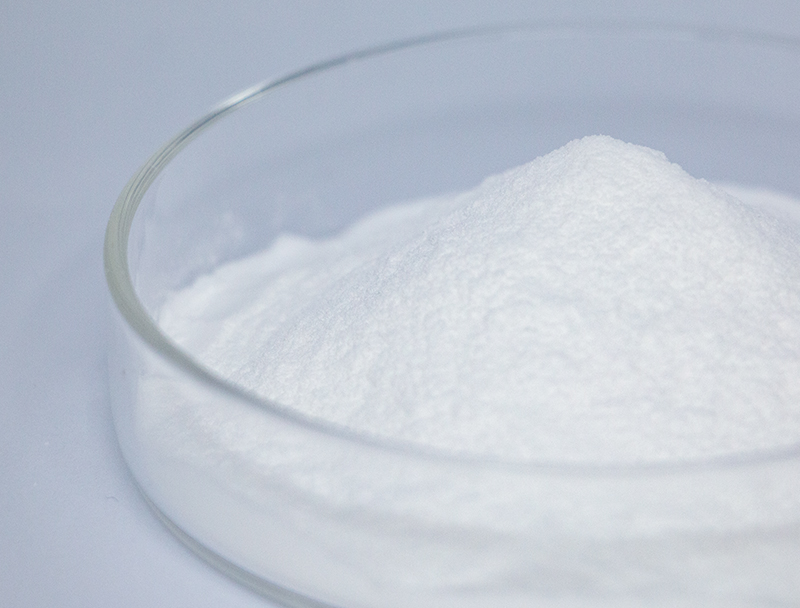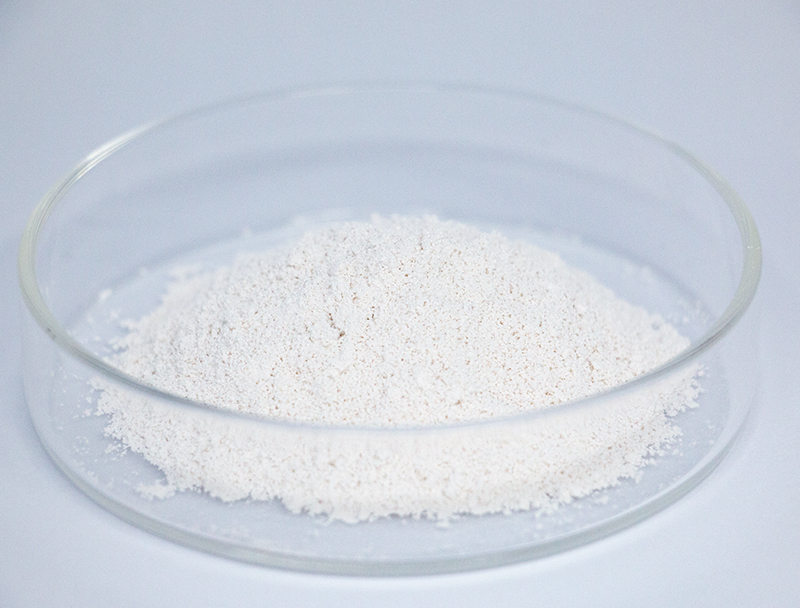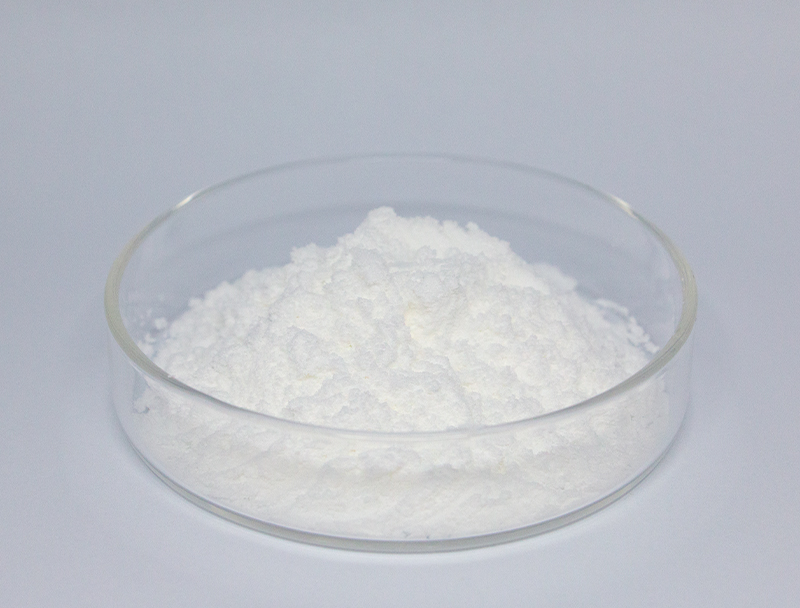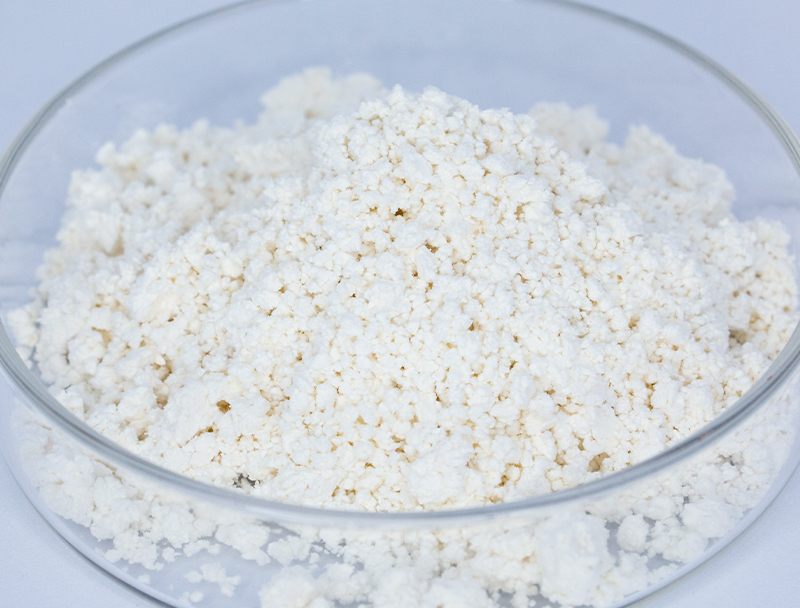
Advanced biosystems are built around a diverse spectrum of raw materials to produce innovative bio-based products.
Securing environmentally mindful sourcing is paramount for the long-term viability and ethical growth of the industry.
several issues arising from typical material sourcing for example habitat harm and overextraction of resources. Thus, organizations must explore circular sourcing options to lessen environmental harm.
- Representations of ethical supply approaches are:
- Using repurposed agricultural residues as substrates
- Integrating recovery systems to shrink waste while improving throughput
- Working with community-based suppliers that follow ethical standards
Embracing sustainable procurement produces environmental benefits with profitable potential.
Optimizing Biomass Feedstocks for Enhanced Biofuel Production
Maximizing the efficiency of biofuel production relies heavily on the quality and composition of biomass feedstocks. Technologists actively pursue refinements to increase feedstock efficiency, resulting in superior production volumes and sustainable energy gains. Methods encompass cellular engineering to augment biomass output and refining processes to liberate fermentable carbohydrates.
- In addition, projects pursue feedstocks like algae, waste fractions, and harvested residues to enlarge the selection of eco-friendly biomass for bioenergy.
- Thanks to continuous exploration the sector is prepared to realize considerable strides toward an eco-friendlier energy mix.

Biopharmaceutical Production: Innovations in Upstream Processes
spans early manufacturing steps including propagation and cell separation Recent progress has advanced techniques that maximize productivity and increase output.
Important innovations consist of upgraded cell platforms, customized nutrient matrices, and smart bioreactor solutions. These strategies improve manufacturing efficiency and lessen cost and ecological effects.
- Furthermore, there is a growing trend towards continuous processing in upstream processing, allowing for increased flexibility over the production process.
- This shift towards more sophisticated biopharmaceutical manufacturing methods promises to revolutionize the industry and pave the way for faster development of novel therapeutics.

Innovations in Gene Editing for Improved Biopharmaceutical Yield
progresses in gene editing technologies, such as CRISPR-Cas9, have revolutionized the production of biopharmaceuticals. By implementing targeted gene changes, investigators boost production titers of important biologics. The technique provides opportunities to manufacture economical, high-yield therapeutics for varied indications.
Harnessing Microbial Biotechnology for Sustainable Bioremediation
state-of-the-art biological cleanup solutions using targeted microbial actions. Microorganisms possess the remarkable ability to degrade and transform harmful pollutants into less toxic substances.. Tapping into these capabilities enables green remediation tactics to restore ecosystems affected by industrial contamination.. Analysts explore microbial consortia for targeted removal of metal toxins, pesticide residues, and petroleum contaminants.. These microbes operate in engineered systems or direct environmental applications to metabolize and remove contaminants.
Microbial-based approaches to remediation bring considerable advantages over traditional solutions. Such strategies are budget-friendly and lessen the creation of harmful byproducts. Likewise, microbial systems can selectively degrade contaminants while sparing the wider environment. The field is rapidly refining methods to make microbial remediation more efficient and broadly effective.
Computational Biology in Drug Discovery
Bioinformatic tools play an increasingly crucial role in the modern landscape of drug discovery and development. By analyzing biological data to select and improve leads, computational methods support efficient drug development.
- By interrogating large-scale omics and clinical information, scientists find new targets and predict candidate efficacy.
- Also, in silico modeling of molecular interactions accelerates optimization toward more selective therapeutics.
- Finally, bioinformatics is revolutionizing the drug discovery and development process, accelerating the time to bring safe and effective treatments to patients in need.
Metabolic Engineering Strategies for Enhanced Bioproduct Synthesis
applies assorted techniques to boost microbial synthesis of valuable compounds. Programs use genetic redesign of metabolic networks, dynamic regulation of expression, and addition of heterologous genes to unlock new capabilities. With precise metabolic tuning scientists can greatly enhance yields of desired compounds.
Such holistic engineering could impact many areas including medical therapeutics, agricultural outputs, and biofuel production.

Upscaling Biopharma: Obstacles and Potential Gains
Moving from bench to commercial scale creates complex challenges and valuable opportunities. Preserving batch-to-batch quality when scaling up is a key challenge. Resolving it depends on rigorous control strategies, precise instrumentation, and comprehensive analytics.

Another concern is that bioprocessing workflows are inherently complex and multi-staged.. Optimizing these processes for large-scale production can be a complex undertaking, requiring extensive research and technological innovation.. However, the prospective rewards are sizable. Achieved scale can widen availability of treatments, lower manufacturing costs, and boost financial returns.
Numerous initiatives aim to tackle these scaling challenges. Examples include novel optimization 2-Ketoglutaric acid technologies, predictive analytics for real-time control, and inventive production models.
- Research and development activities are central to evolving manufacturing capacity.
- Regulatory bodies are modernizing pathways to accelerate approval of advanced production technologies and support innovation.
Regulatory Considerations to Maintain Biopharmaceutical Safety and Performance
Bringing biologics to market involves rigorous regulation designed to protect patients and confirm therapeutic benefit. Biopharmaceuticals, often derived from biological sources, present unique challenges compared to traditional medications.
Regulators such as the FDA and EMA define authorization pathways and quality standards for new biologic medicines..
Strict validation and testing steps are required across the product lifecycle from lab studies to post-market oversight.. Those requirements help reveal risks and confirm that biologics satisfy stringent safety criteria..
Furthermore, regulatory bodies are constantly evolving their approaches to keep pace with the rapid advancements in biopharmaceutical research.. This includes embracing novel technologies and facilitating the development process while maintaining a commitment to patient well-being.

Exploring the Potential of Plant-Based Biomass Feedstocks in Bioplastics
The growing need for sustainable materials has led to a surge in research and development of renewable options. Among these, bioplastics, produced from plant-derived biomass feedstocks, offer a promising avenue towards a greener future. Renewable inputs including cornstarch, cellulosic matter, and sugarcane biomass can be processed into biodegradable plastics that minimize long-term pollution.
Furthermore, these bioplastics often possess comparable properties to their petroleum-based counterparts, making them suitable for a wide range of applications.. Ongoing R&D is essential to scale plant-based bioplastics and realize circular economic benefits.
Biotechnology's Potential to Transform Health and Food Supply
Biotech innovations hold promise to dramatically impact health and the reliability of food systems. Through CRISPR, synthetic circuit design, and cell therapy progress, developers generate methods to counter infectious agents, optimize crops, and elevate nutritional profiles.. A concrete example includes modified crops engineered for pest and stress tolerance that yield more while decreasing pesticide needs. Moreover, biotechnology plays a crucial role in developing vaccines, antibiotics, and diagnostic tools that are essential for combating infectious diseases and improving global health outcomes.. With ongoing research, biotech is positioned to enable broad improvements in health and food security that serve global populations.
 4-Aminobutyric acid
4-Aminobutyric acid